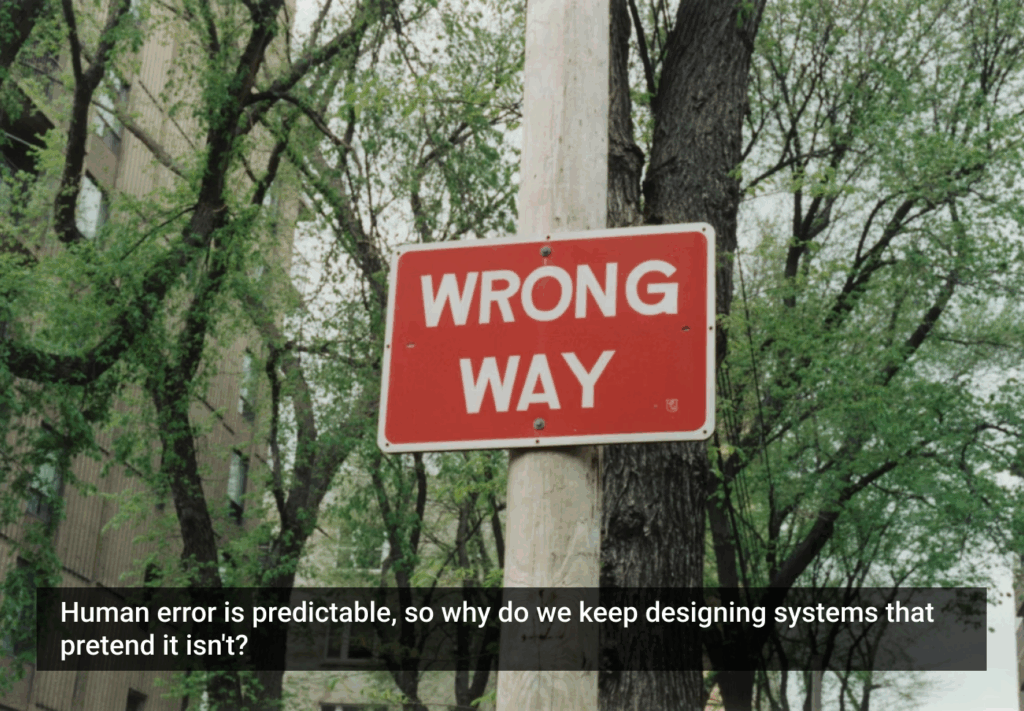On a scale of 1-to-10, how overwhelmed do you feel with the current state of the world, with 10 being extremely overwhelmed?
If you answered 7 or more, you’re not alone. I feel the same way. If you answered 6 or less, you got my attention. I commend you!
At least in my case, I sometimes get the impression that the world is getting worse by the minute: a pandemic, racial and gender inequality, natural disasters, invasions, war, a growing socio-economic disparity… However, not everything is bad. If you look at the numbers, we are at a point in time where life expectancy is at its highest, we are able to mitigate new illnesses in a matter of months, we’re eliminating fossil fuel dependency, more people are able to read and write than ever before, and global access to clean water has skyrocketed. Yes, we do have similar problems as decades or even centuries ago, but in reality, the state of humankind is improving. In many cases, technology is accelerating that process.
Futurism, also known as futures studies, is a discipline that helps understand the future state of things. It lets us foresee both opportunities and problems. While futurism is not perfect, and frankly not a tool to predict the future, it still showcases trends that help us make the most sound decisions for ourselves or for our business. If we mesh this foresight with UX research, we are bound to find some interesting insights.
Here are 10 quickly-developing sectors that will need the expertise of user experience researchers:
- Cryptocurrency and decentralized finance
With the first cryptocurrency launched in 2009, this new technology has already begun to disrupt the financial services industry and has even reset the meaning of money. As the sector grows and becomes more ubiquitous, UX researchers will be essential for understanding old and potential new users, as well bringing key insights to catalyze mass adoption among the public. - Transportation
There is no doubt that global investment in transportation infrastructure is on the rise, excluding the fact that the pandemic has been a major hiccup in this industry. We continue to build new ports, open new air routes, set up charging stations for electric cars and improve public transportation. From managing flight check-ins and upgrades, to getting home safely without being distracted by a digital car console, researchers will be crucial in guiding the design of safe and reliable interfaces. - Space
I still dream of being a space tourist and doing backflips on the Moon. While booking a ticket from my phone is still a few decades away, the space economy is already here and booming. Some satellite internet services also offer similar internet connection speeds to traditional fiber optic sources. Likewise, GPS capabilities are frequently used by many people around the world. As smaller companies and scientists launch satellites, telescopes, and rovers into space, trustworthy interfaces are required for connecting with and manipulating hardware from the Earth’s surface. - Green tech
Sustainability-focused tech has taken its sweet time to mature, however it is safe to say that it is now in full force. More people are opting for powering their homes independently through solar panels, clever machines that compost food on kitchen countertops are popping up, and users are receiving notifications on their personal devices that suggest how to optimize energy usage across their smart homes. Researchers will soon be responsible for crafting delightful experiences, but also for finding ways to incentivize or motivate users to improve their eco-friendly habits (for more on the topic, I recommend Yaron Cohen’s article on UX and sustainability which you can find here). - Cybersecurity
Not only are cyberattacks fairly common during times of conflict, but they’re also daily occurrences that are steadily increasing against companies, governments and private individuals. If successful, they could expose private information or steal digital assets that could later be impossible to retrieve. The cybersecurity market size is projected to increase by 44% in the next 4 years. Researchers will need to revise design, as well as attitudes and behaviors that support individuals and organizations in their quest for owning their data, controlling their privacy, and protecting their assets. - AI and robotics
It seems like everything is powered by AI these days, and in most cases, that is nothing but the truth. Siri and Alexa depend on natural language processing, automated passport controls rely on computer vision, and recommender systems on Instagram suggest the next best outfit for you to buy. In order for these engines to function flawlessly, they need data that is mostly quantitative, however their source has to be picked meticulously through qualitative means. Researchers in this sector carry the enormous responsibility to chaperone machine learning algorithms for them to become ethical and fair. - Biomedicine and healthcare
A few months ago, I was contacted by Merck (the creators of the COVID antiviral pill) for a UX researcher position. The job description mentioned the usual, but what stood out was a need for a strong collaboration with their scientists working on pharmaceuticals. The healthcare industry is ever expanding. Examples include telemedicine and remote therapy, wearables that track your heart rate, sleep, and fitness levels, and, lastly, companies that bank on genetic data by helping you find your ancestors or suggest food and lifestyles to accelerate your metabolism. - Global trade
Humans are multiplying so fast that experts predict that the global population will increase to 9.7 billion by 2050. For comparison, when I was born, humans capped at around 5.5 billion. More people simply means more demand: more food, clothes, electronics, cars, services, education… As the world adapts and builds new ports and larger vessels, this industry still pretty much operates like in the mid 1900s. With the approaching digital revolution, consumers are expecting to track their packages in real time with a high level of detail, know where their food is sourced from and whether it’s organic, and be informed about fair wages and practices of the clothing stores they support from overseas. Merchants, on the other hand, would like to import and export goods cheaper and faster without having to wait on unnecessary paperwork and customs declarations. - Entertainment
With so many options for streaming on both video and audio, it remains critical for researchers to find out what type of content resonates with the public more and which platform has the best user experience to differentiate itself from competitors. The so-called “streaming wars” have been going on for only 4 years and show no signs of stopping. Even traditional broadcasting companies have most recently began to offer streaming content. From music, to movies, and now podcasts, the streaming industry is set to raise the bar in the world of entertainment. Most of these companies are now on the hunt for the best talent that can help them understand their user base. - Web3
Just like cryptocurrency, this space also depends heavily on blockchain technology, but it is a whole different beast on its own. As the world progressively transitions to a decentralized internet (also known as Web3), users are realizing that they are able to do things that were impossible before, such as owning the totality of their data and being able to decide what to sell and profit off of them. For instance, artists don’t need middlemen to sell their art thanks to NFTs, and organizations are turning into DAOs, which are being led and directed by several people instead of one individual like a president or CEO. This type of empowerment is generating a shift in the perception of many users, and researchers must dive in to understand these changes and help them conduct their operations with more ease.
As the world gets more complex, hyperspecialization in the UX research space is undeniable. Moreover, it is paramount to have UX researchers across all tech sectors, as we are capable of leading organizations with a user-centered mindset. Traditionally, many UX researchers tend to have a background in the human sciences and have harnessed that knowledge to bring the voice of the user… um, customer… actually, the voice of day-to-day people to the development of novel technologies (if you want to read more on how UX research is transitioning into a more unifying and central discipline within organizations, I recommend reading Monty Hammontree’s post). Having this in mind, I am ecstatic and optimistic about the future— can’t wait to see what’s in store for us researchers.







